The undisputable production growth in the global aluminium industry in last one decade has resulted in wide spread Greenfield and Brownfield expansions across the aluminium value chain. The year 2019 also saw many key projects ground breaking, developing and commissioning in the upstream and downstream sector. Most of the projects announced were driven by the upstream integration strategies of the metal producers and downstream expansions to cater to the growing demands and add value to their primary production. We are listing here a few key projects from the upstream sector that were announced and commissioned in 2019:
Upstream Segment
- Guinea Alumina Corporation
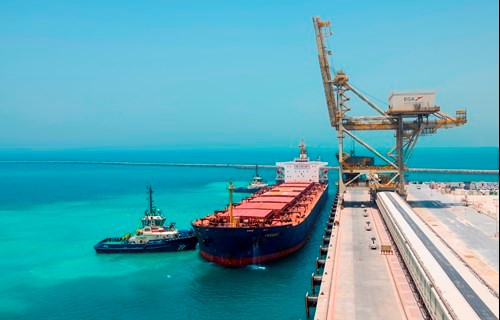
Emirates Global Aluminium's Guinea Alumina Corporation (GAC ) project is one of the largest Greenfield investments in Guinea in the last 40 years, and cost some US$1.4 billion to develop. More than half the funds were provided by the largest Greenfield mining project financing ever in Guinea, and a $750 million loan was taken from development finance institutions, export credit agencies, and international commercial banks.
EGA announced the first exports of bauxite ore from GAC in August 2019, marking the completion of EGA’s strategic expansion upstream in the aluminium value chain to create an integrated global aluminium giant. The mine recently shipped 173 thousand tonnes of bauxite from its facilities at Kamsar for an unnamed buyer in India.
EGA has signed an agreement to supply Xinfa with bauxite from its Guinea Alumina Corporation bauxite mine for the next five years. EGA will supply the Chinese company with millions of tonnes of bauxite each year from 2020, with the first vessel scheduled to load in January.
- Metro Mining’s Bauxite Hills project
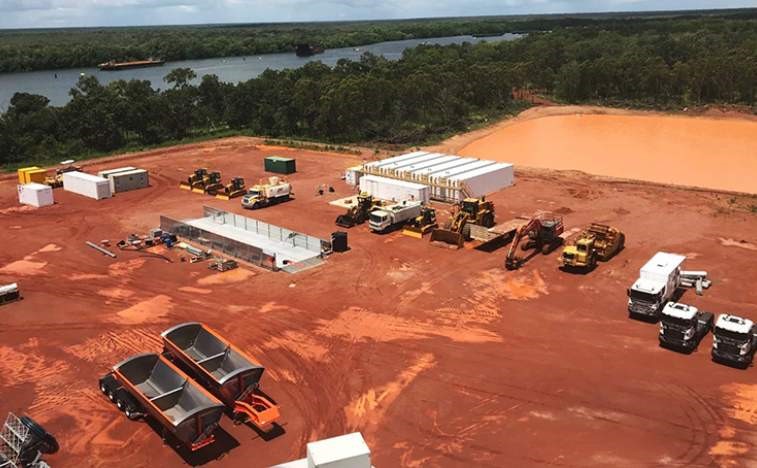
Metro Mining Limited’s Bauxite Hills project is another key bauxite project in Australia that achieved a few milestones in 2019. It announced its plans to expand bauxite production its Bauxite Hills project in Far North Queensland by 17% to 3.5 million wet metric tonnes (wmt) during 2019.
The company, in its monthly performance report, revealed that its bauxite shipments at Bauxite Hills Mine during October came in at 504,000 wet metric tonnes (WMT), marking the strongest monthly performance since operations began in April 2018. Up until October 31, the company’s bauxite mining stood at 2.779 million WMT, whereas shipments came in at 2.756 million WMT.
According to MD and CEO Simon Finnis the mining and shipping results are consistently performing at or above our budget requirements. Bauxite Hills remains on track to meet the production and shipping guidance of 3.3-3.5 million WMT in 2019.
Metro Mining Limited has received a loan facility from Northern Australia Infrastructure Facility (NAIF) for Stage 2 Expansion of the Bauxite Hills Mine Once the expansion is complete, the production will increase to 6 million WMT per annum by 2021.
- Amrun bauxite mine
Rio Tinto has completed commissioning of the Amrun bauxite mine in Queensland, Australia in May 2019. The company said that the mine and associated processing and port facilities will replace production from Rio Tinto’s depleting East Weipa mine.
Rio Tinto will increase annual bauxite export capacity by around 10 million tonnes with this project catering to the global demand for higher-grade bauxite.
Rio Tinto made first shipment from Amrun in December 2018, six weeks ahead of schedule. Amrun bauxite mine will have capacity of 22.8 million tonnes a year at full production.
- EGA Al Taweelah alumina refinery
Emirates Global Aluminium (EGA) has announced the production start at Al Taweelah alumina refinery on April 10 2019. The refinery is expected to expand UAE’s upstream business in the aluminium value chain.
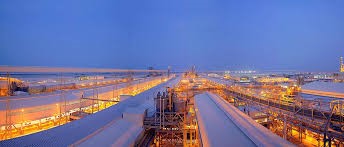
Al Taweelah alumina refinery project, located in Khalifa Industrial Zone Abu Dhabi incurred a development cost of approximately US$3.3 billion. It is the first alumina refinery in the UAE marking the beginning of a new industrial activity in the country.
Al Taweelah alumina refinery is expected to produce two million tonnes of alumina per year after the complete ramp up and reduce EGA’s import dependence for one of the crucial raw materials required for its aluminium operations. The refinery will convert about five million tonnes of bauxite into alumina per year, which will be exported by Compagnie des Bauxites de Guinée in the West African country of Guinea. One of most high-tech and energy efficient refineries, it has used some of the best technologies in the world in its plant.
Al Taweelah alumina refinery is expected to secure EGA’s supply of raw materials at competitive prices and strengthen EGA’s business for decades ahead.
- Chalieco’s alumina refinery in Indonesia
A consortium led by China Aluminium International Engineering, a listed arm of Chinese aluminium giant Aluminium Corporation of China, has reportedly won a contract worth RMB 5.3 billion (USD745.3 million) to build an alumina refinery in Indonesia.
The news arrived after Chalieco confirmed on October 24 on receiving the report from PT Borneo Alumina Indonesia that it won the engineering, procurement, and construction contract. As per the report, the project will have an annual output of 1 million tonnes of metallurgical grade alumina.
- High Purity Alumina projects in Australia
Leveraging on the growing demand for High Purity Alumina from diverse sectors including LED lights and EVs, a number of players have come up with HPA projects.
Aussie alumina startup FYI Resources has produced high purity alumina (HPA) during pilot testing at its Cadoux plant. Trial production at the company's kaolin prospect yielded a 99.99 per cent average purity grade. After the results, the company intends to transform the pilot production at the plant into full-scale production.
The Australian firm Pure Alumina Limited is on track to acquire Canada-based Polar Sapphire that owns one of the world’s most efficient and effective processes for making high purity alumina (HPA). The deal is a company-maker for Pure Alumina, planning to become the lowest-cost producers of 5N HPA in the world.
Polar Sapphire is already operating a pilot plant in Canada that has produced sufficient quantities of HPA for supplying to its growing customer base as well as for product development.
The construction of Altech’s HPA plant at Johor Malaysia is on track. SMS group has started Stage 2 engineering activities in the site.
- Alba Line 6 Expansion Project
Bahrain-based Alba has become the largest aluminium smelter in ex-China world with the inauguration of Line 6 Expansion Project on Sunday 24 November 2019. Potline 6 will increase Alba’s annual production by 540,000 tonnes bringing the total production capacity to 1.54 million tpy making it the world’s largest aluminium smelter ex-China.
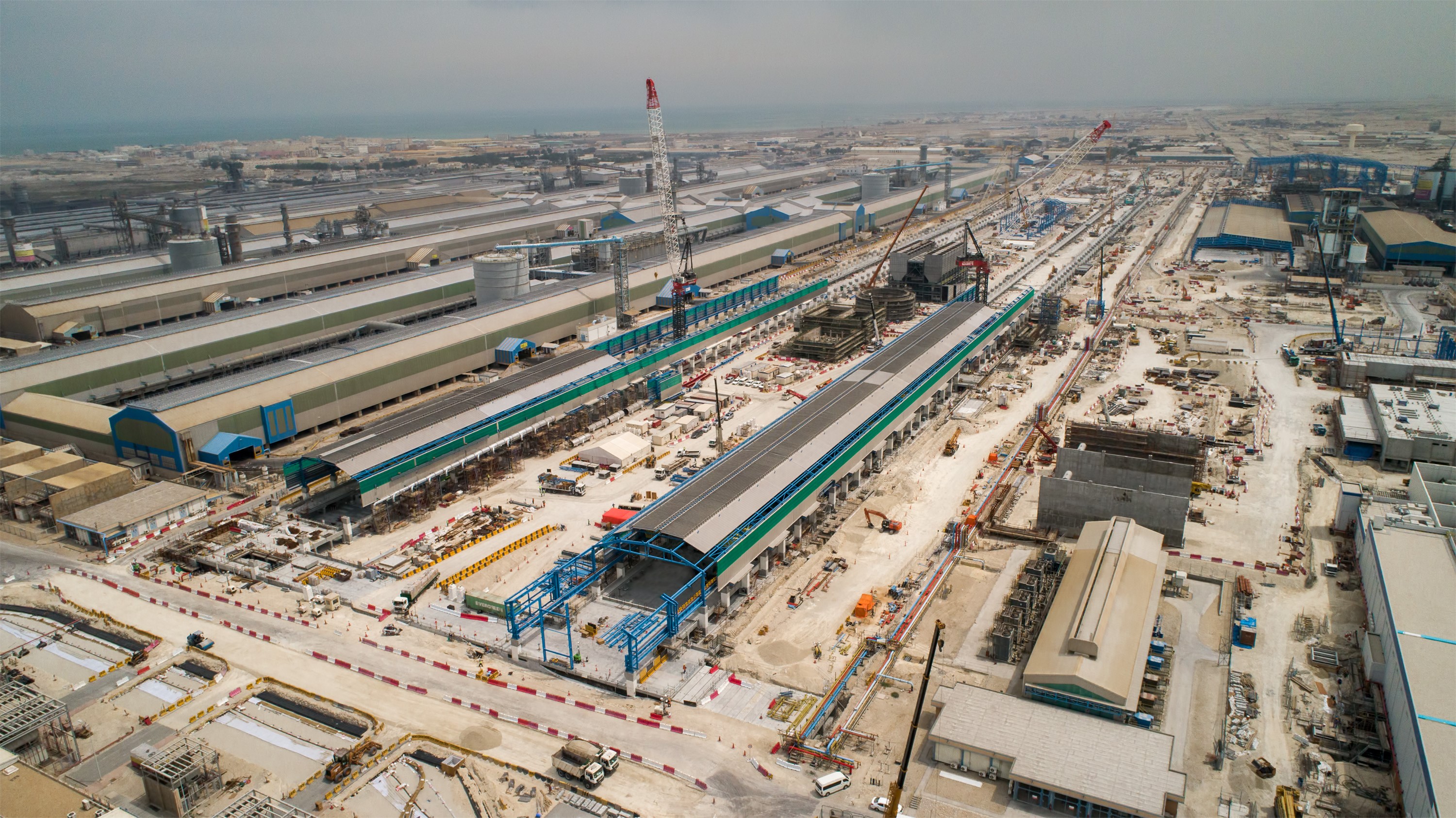
The company is now actively seeking to expand its products’ portfolio and increase sales with a major emphasis on the US market. The company aims to have a strong finish in 2019 as its production will top 1.35 million tonne, for the first time in Alba’s history.
- China Hongqiao “green aluminium” park
A news report from October 2019 said China Hongqiao Group was planning to set up a “green aluminium” industrial park in Southwest China’s Yunnan capitalizing on its hydropower resources. A number of Chinese aluminium producers, including Aluminum Corp of China and Henan Shenhuo, have been focusing on Yunnan, because of the easy access to cleaner hydropower for the energy-intensive smelting process.
Shandong Weiqiao Aluminium and Electricity, a subsidiary of China Hongqiao Group announced in November that it would move 2.03 million tonnes of capacity from Binzhou of east China’s Shandong province to south China’s Yunnan under capacity swap programme.
Construction of the plant in Yunnan has already started, and the first 1 million tonne of capacity is expected to come online at the end of 2020. China Hongqiao or Weiqiao has about 6.46 million tonnes of capacity, with around 5.8 million tonnes in operation.
- Elysis R&D centre for zero-carbon aluminium
On August 16, 2019 Elysis reportedly marked the start of construction of its Research and Development Centre within Rio Tinto's Complexe Jonquière, the site of the Arvida smelter, Vaudreuil refinery, and Arvida Research and Development Centre. Elysis is a joint venture company between the two global industry leaders - Alcoa and Rio Tinto, with a goal to revolutionise the way aluminium is produced across the globe.
The ELYSIS team is working to commercial a breakthrough technology by 2024 that will eliminate all direct greenhouse gases (GHGs) from the traditional aluminium smelting process, producing pure oxygen instead. The project, worth $50 million (CAD) is expected to be fully operational in the second half of 2020 with 25 technical experts.
- Boguchansky aluminium smelter
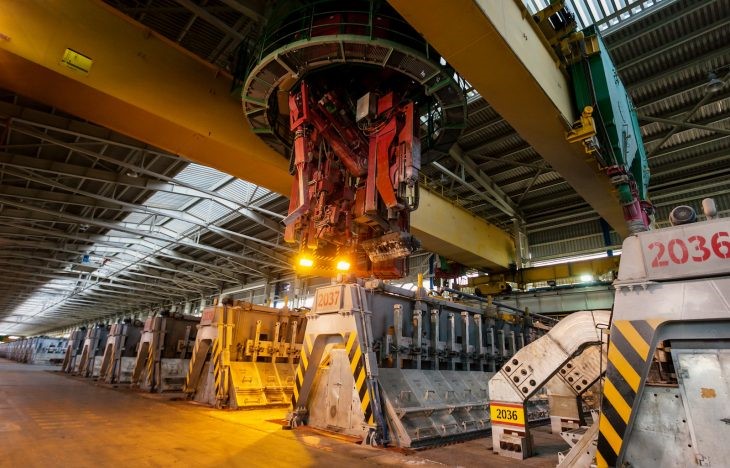
RUSAL and PJSC RusHydro, one of Russia's largest generating companies, commissioned the first potline at the expanded capacity in the Boguchansky aluminium smelter (BOAZ )at Boguchany Energy and Metals Complex (BEMO) in Krasnoyarsk, Siberia. In 2018, Rusal announced its plan to launch new capacity at its Boguchansky aluminium smelter after expansion in 2019. With the commissioning, Rusal has almost doubled Boguchansky’s capacity from 150,000 tonnes to 298,000 tonnes a year.
Both the companies have already invested US$ 1.6 billion in the first stage of the newly expanded smelter. The smelter project is being developed by both UC RUSAL and RusHydro’s own funds which is financed by Vneshekonombank, a Russian government-owned development bank.
The article will be continued in Part II where we would cover some of the key projects from Downstream aluminium and Secondary aluminium segment.
source https://www.alcircle.com/news/top-ten-upstream-aluminium-industry-projects-in-2019-49534
Comments
Post a Comment